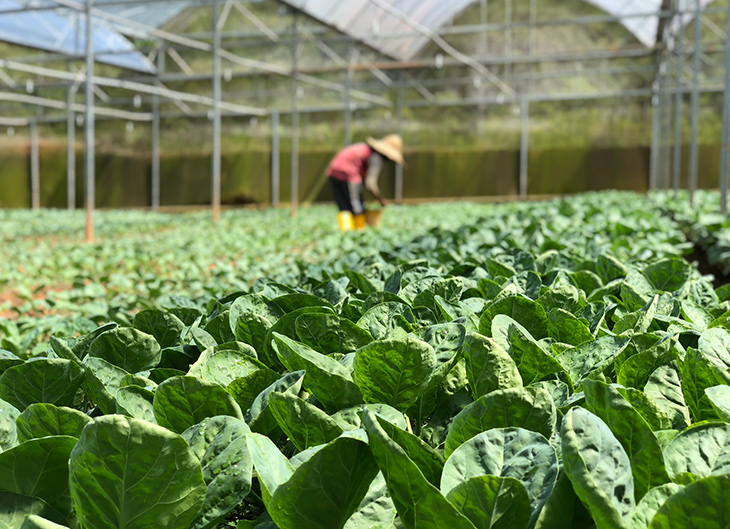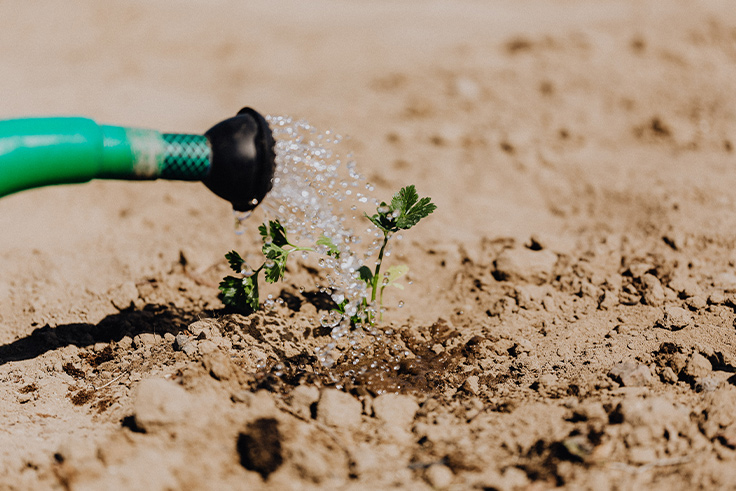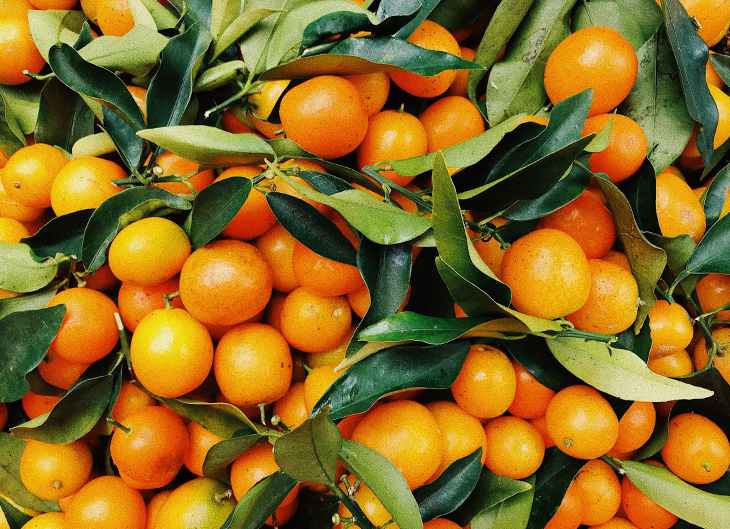
Ecological area in Spain increases by 4.87% in 2019
Spain ranks as the first organic producer in the European Union and fourth in the world, with an area of 2,355,000 hectares in 2019. This represents an increase of 4.87% in the national whole compared to the previous year, as advanced by the Ministry of Agriculture, Fisheries and Food. On the other hand, the ecological extension represents 9.3% in relation to the total useful agricultural area (SAU) of Spain.
The data suggest that in Spain we find a steady growth of this trend, with an average annual increase in the total bio area of 7.5% over the last five years, being on track to meet the Biodiversity 2030 targets set by the European Union (EU).
As for territories, Andalusia is the region with the largest area for organic production, 1,065,259 hectares followed by Castilla-La Mancha (413,253 hectares), Catalonia (229,608 ha), Valencian Community (127,909 ha), Extremadura (104,221 ha), Murcia (85,371 ha), Navarra (84,458 ha) and Aragon (67,185 ha).

Farmers and ranchers in our country continue to bet on ecology, with a balance between sustainability and profitability. According to the data provided, 2.4 million hectares are earmarked for permanent pastures, one quarter for arable land crops and one quarter for permanent crops.
In plant production highlights the increase of hectares dedicated to tubers (+13%), legumes (+4.2%), fruit (+9%), banana trees (+25%), citrus (+19%) and berries (+10%). Also raises the area of vineyard (+7%) and olive grove (+4.6%). The extension dedicated to vegetables and nuts is maintained.
From an economic point of view, in figures 2018 they place around 2 billion euros a year consumption of organic products in Spain.
The Ministry also discovers that registered eco-establishments have increased by 8.5% to 9,635, of which more than 8,000 are linked to plant production, in particular to fruits and vegetables.
Follow the news of the world of agriculture in Agrométodos, where we bring you the best news in the sector.





